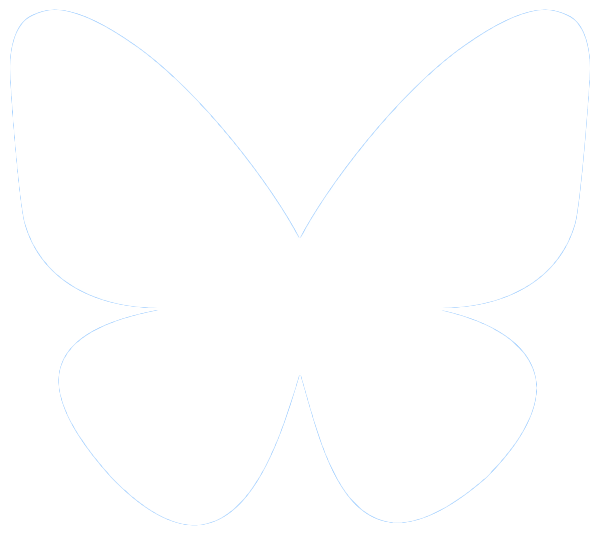
Project 3
Chemical Perturbations and Microbiome Functioning
Anthropogenic chemicals play a major role in the perturbation of microbiomes. However, our knowledge about the impact of these widespread, almost ubiquitous pollutants on microbiome function and host interactions is surprisingly incomplete because until recently, no adequate tools for directly tackling this important research were available. In project 3, we will focus on two major groups of anthropogenic chemicals: pharmaceuticals and tire wear particles.
We will study how the most commonly used pharmaceuticals in Austria affect the composition and function of human gut microbiomes and how these chemical microbiome perturbations are linked to treatment side effects such as the development and spread of antimicrobial resistance, and therapy efficiency. Furthermore, we will pave the way for understanding biotransformation of these pharmaceuticals, which perturb human gut, sewer, and wastewater treatment microbiomes.
We will also investigate perturbations by microplastics and toxic additives of tire wear particles in-situ from soil and sediment to host- associated (human, plants, and animals) microbiomes. We aim to significantly improve our understanding of microbiome perturbation by emerging pollutants across systems. These insights will also serve as a strong basis for targeted microbiome manipulation strategies.
Involved KEY RESEARCHERs
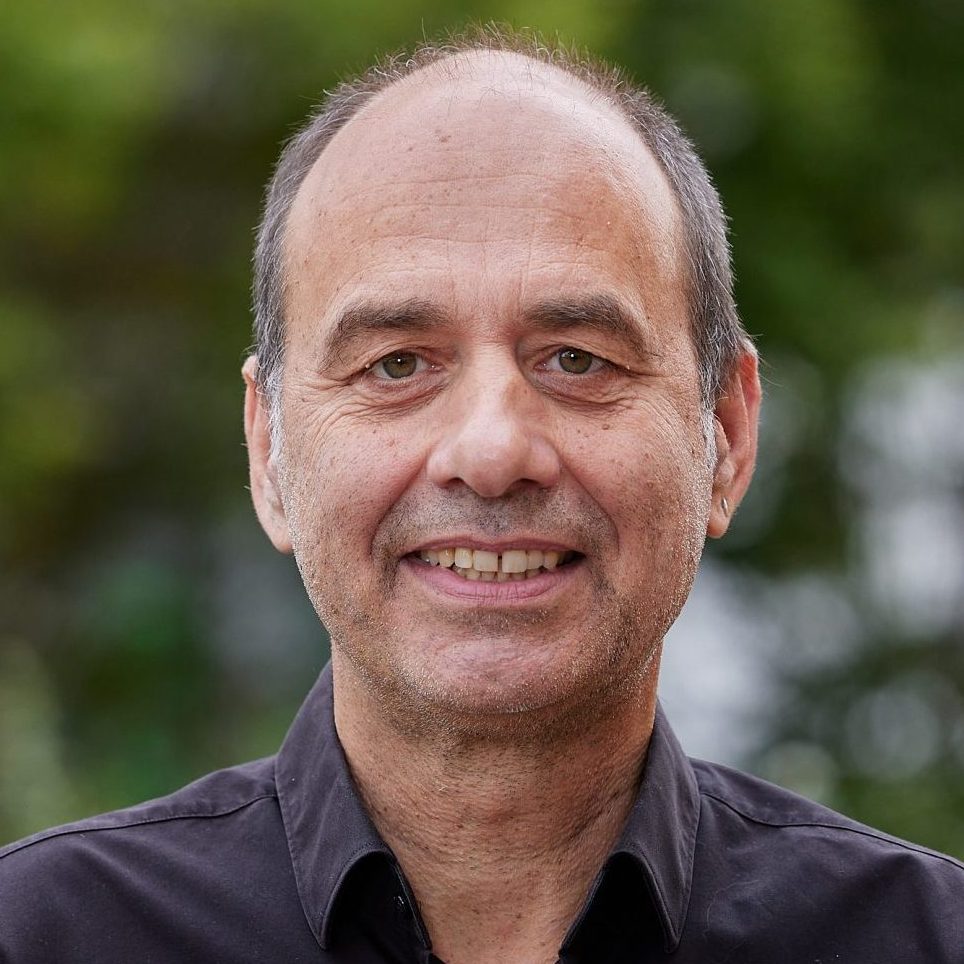
michael wagner
Project Leader
UNIVERSITY of vienna
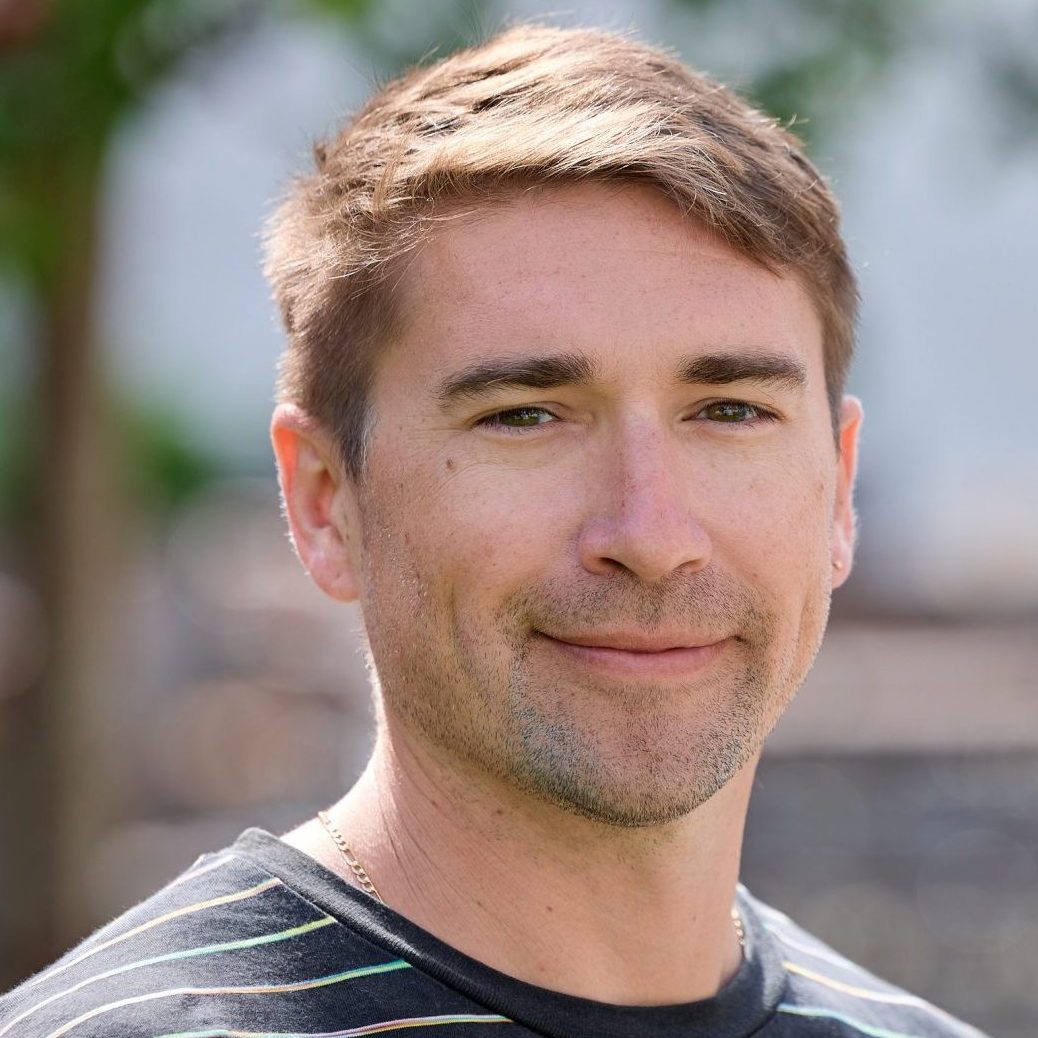
david berry
Project Member
university of vienna

ruth birner-grünberger
Project Member
technische universität wien (tu wien)
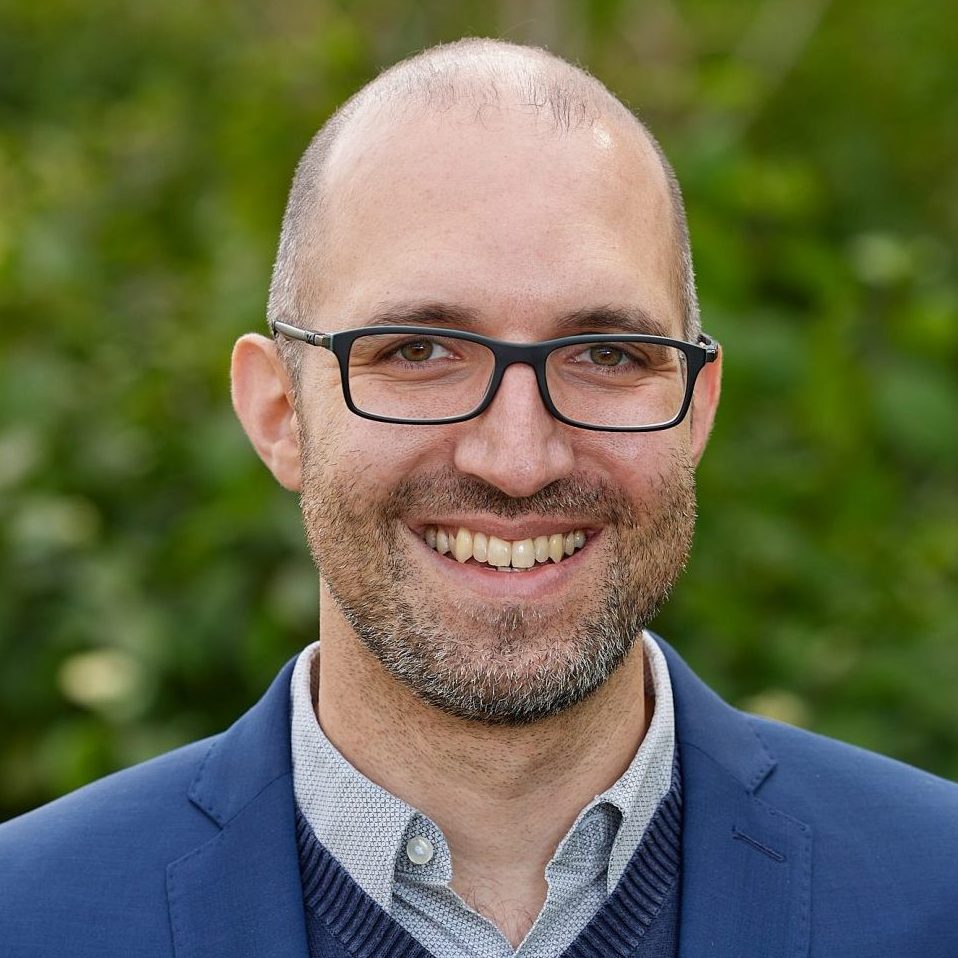
thomas böttcher
Project Member
university of vienna

Kristina djinovic-carugo
Project Member
UNIVERSITY of vienna

peter ertl
Project Member
technische universität wien (tu wien)

thilo hofmann
Project Member
university of vienna
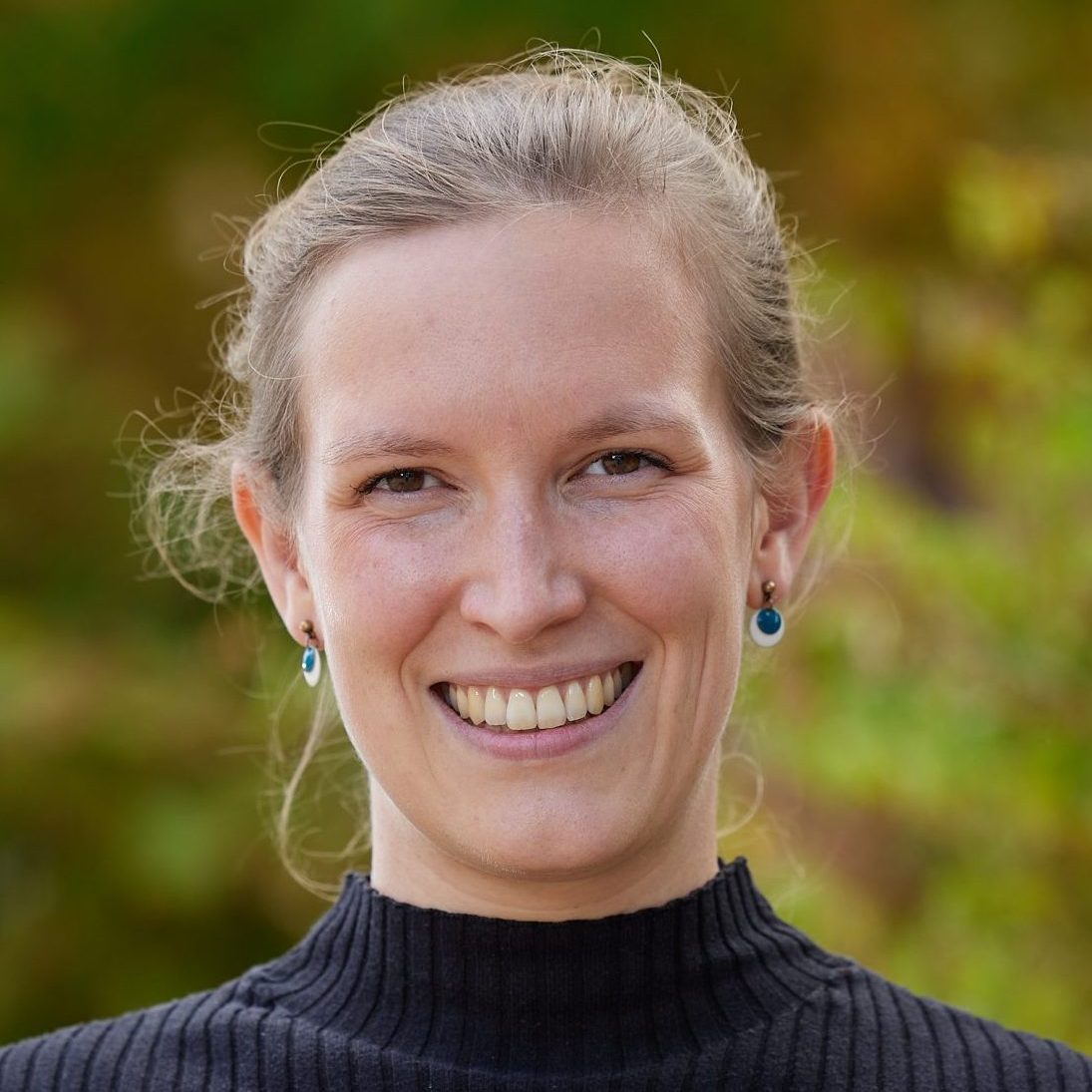
katharina kitzinger
Project Member
UNIVERSITY of vienna

alexander loy
Project Member
UNIVERSITY of vienna
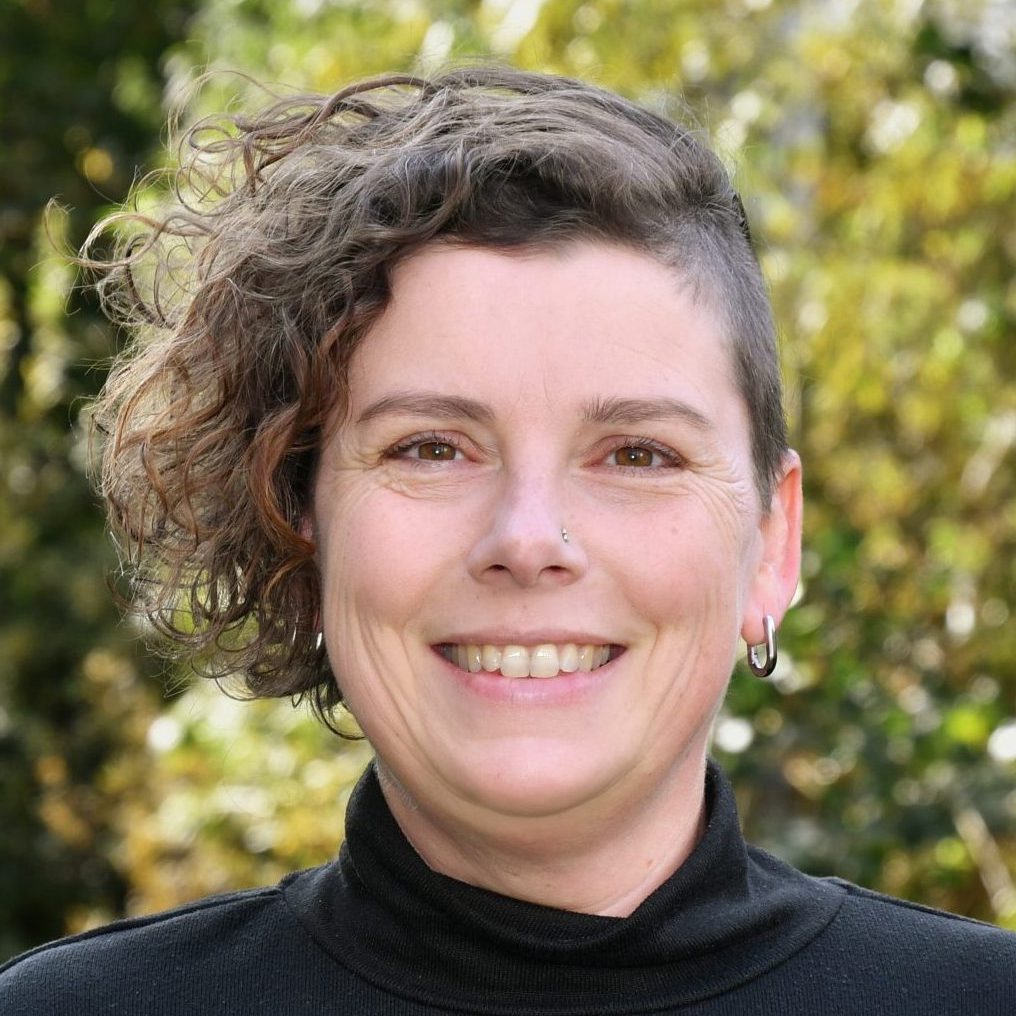
christine moissl-eichinger
Project Member
medical university of graz
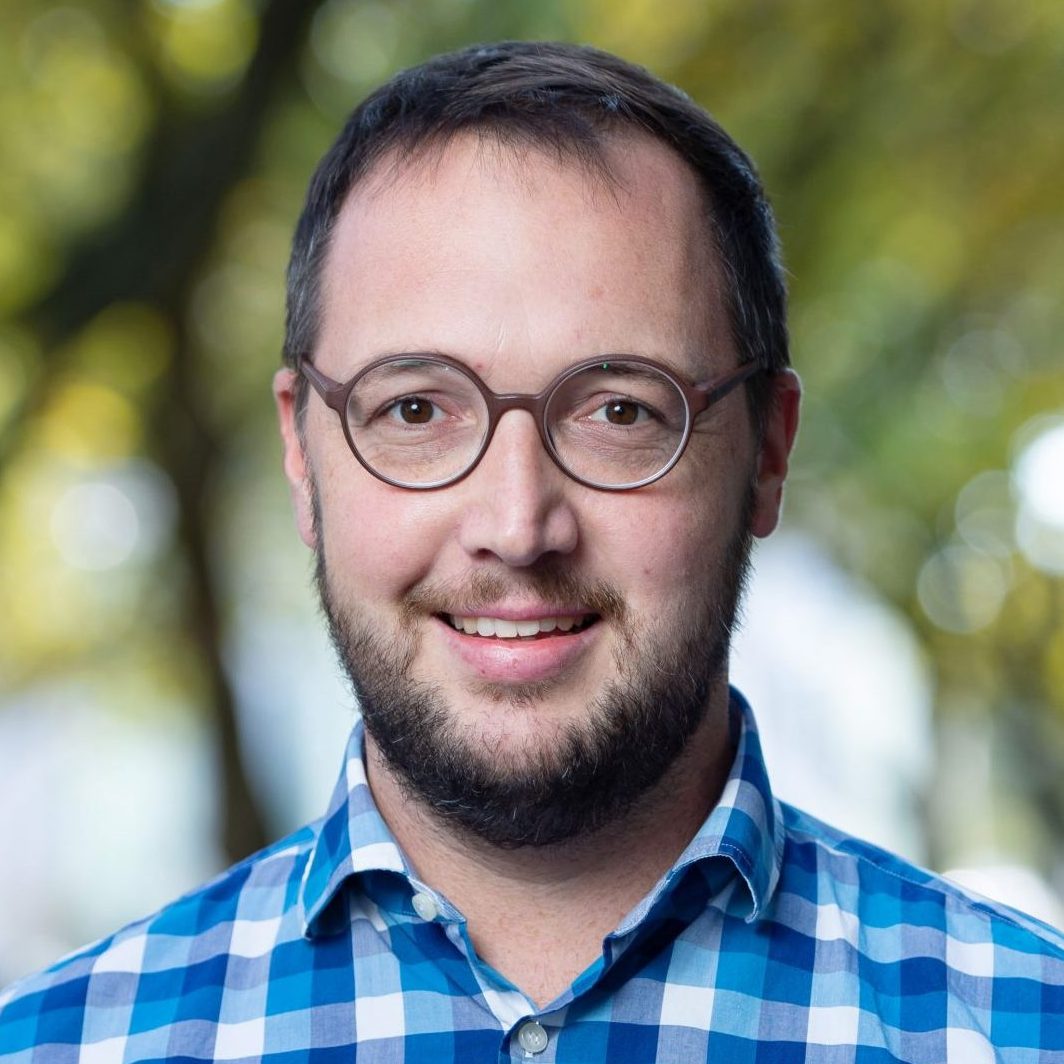
alexander moschen
Project Member
johannes kepler university linz

jillian petersen
Project Member
UNIVERSITY of Vienna
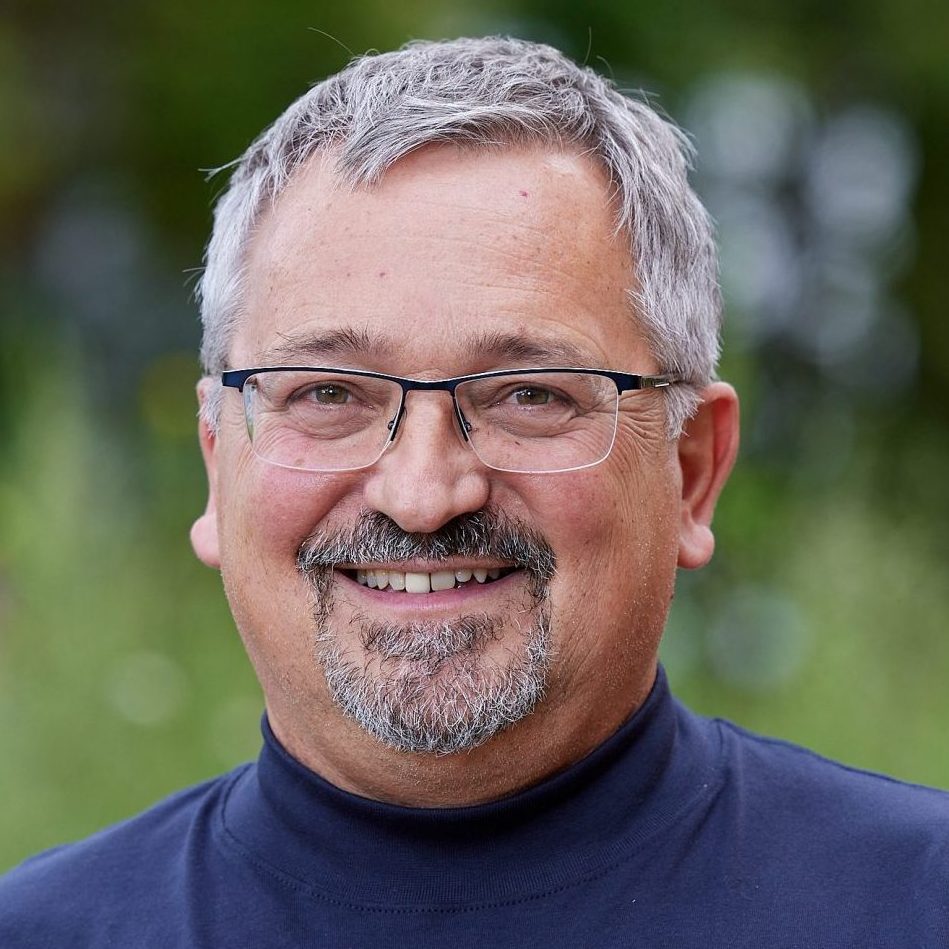
andreas richter
Project Member
UNIVERSITY of Vienna

leonid sazanov
Project Member
institute of science and technology austria

angela sessitsch
Project Member
austrian institute of technology
InVolved institutions
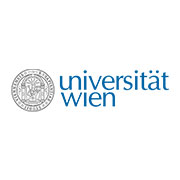
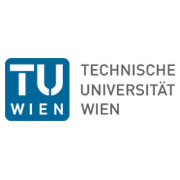
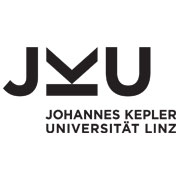
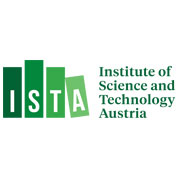
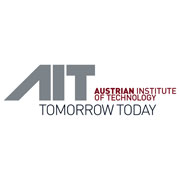
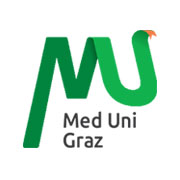
work packages in project 3
Work package 3.1
Impact of Drugs on Microbiomes in Humans and Wastewater Treatment
Human gut and wastewater microbiomes interact with human-targeted and antibiotic drugs in multiple ways, which can have profound consequences for the treatment of patients and the health of ecosystems that receive drugs. The results of Work Package 3.1 will substantially improve our understanding of drug-microbiome interactions and reveal the in-situ landscape of drug inhibition/stimulation in drug-affected systems.
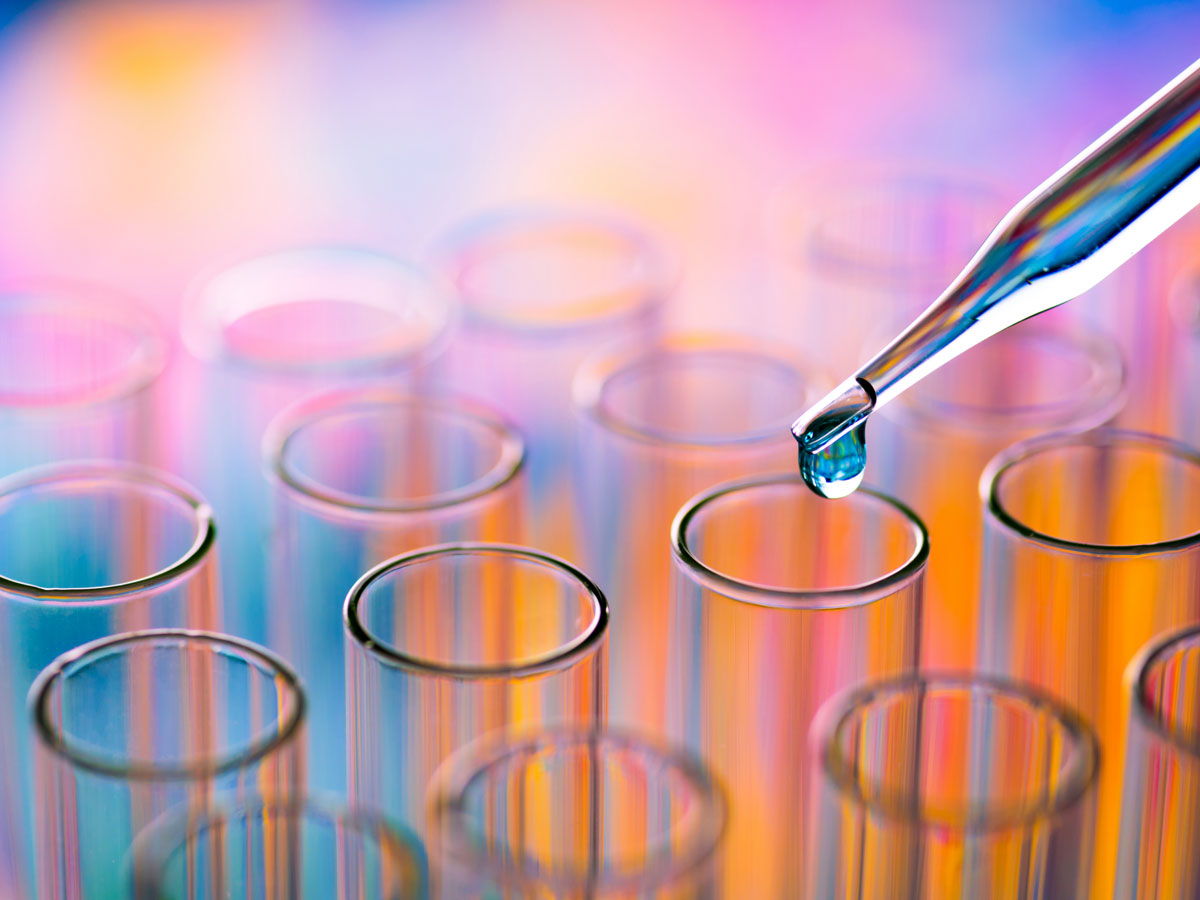
Work package 3.2
Impact of Emerging Pollutants on Microbiomes across Systems
Chemical pollution can have profound effects on microbial communities, and thus on biodiversity, ecosystem, and human health. Work Package 3.2 aims to understand how tire wear particles, a substantial, but still underestimated source of microplastics, and their additives affect microbiome composition and functions in soils, plants, animals and human tissues.




